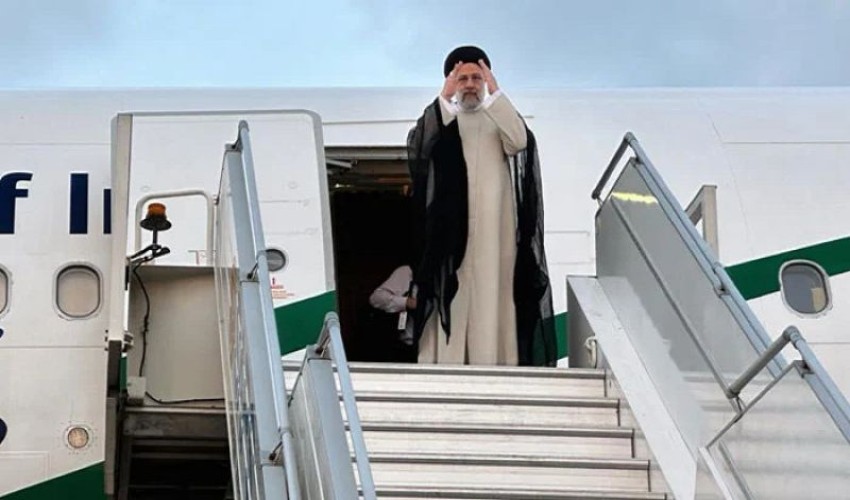Iranian president Raisi wraps up three-day visit to Pakistan
Raisi met COAS, president, premier and others
Raisi met COAS, president, premier and others
Court extends interim bail of three accused till May 4
Premier registers comments in visitors' book
Eva Evans' untimely death leaves online community in mourning
The terrorists who are killed are involved in an attack on sensitive installations, CTD spokesman
Premier to meet representatives of allied parties
Agreement reached with PCATP for consultation on designs of houses
The actor said that if he became in charge of the censor board he would ban all those dramas
Weather turned pleasant in Lahore after rain on Tuesday
Raisi met COAS, president, premier and others
A draft of the proposals will be prepared and submitted to the SC
Implementing reporting standards 18 has its challenges, but offers long-term benefits
Visitors were offered exclusive opportunity to explore groundbreaking advancements
Report says Indian state abused laws against minorities; instances of rapes, attacks on places of worship persisted
YMCA Lahore announced honorary membership for four athletes
UK maintains its position as a prominent investor
Both teams to play the five-match T20I series with the first game taking place on April 26
Eva Evans' untimely death leaves online community in mourning
Visitors were offered exclusive opportunity to explore groundbreaking advancements
Anxiety about alleged Chinese spying has mounted across Western Europe in recent months.
Doctor says habit of eating outside rather than home-cooked meals has also affected children's health
Study discovers that sound coming from a disturbed plant could be heard over a meter away
Implementing reporting standards 18 has its challenges, but offers long-term benefits

